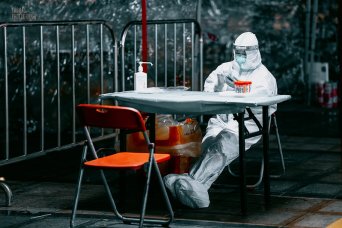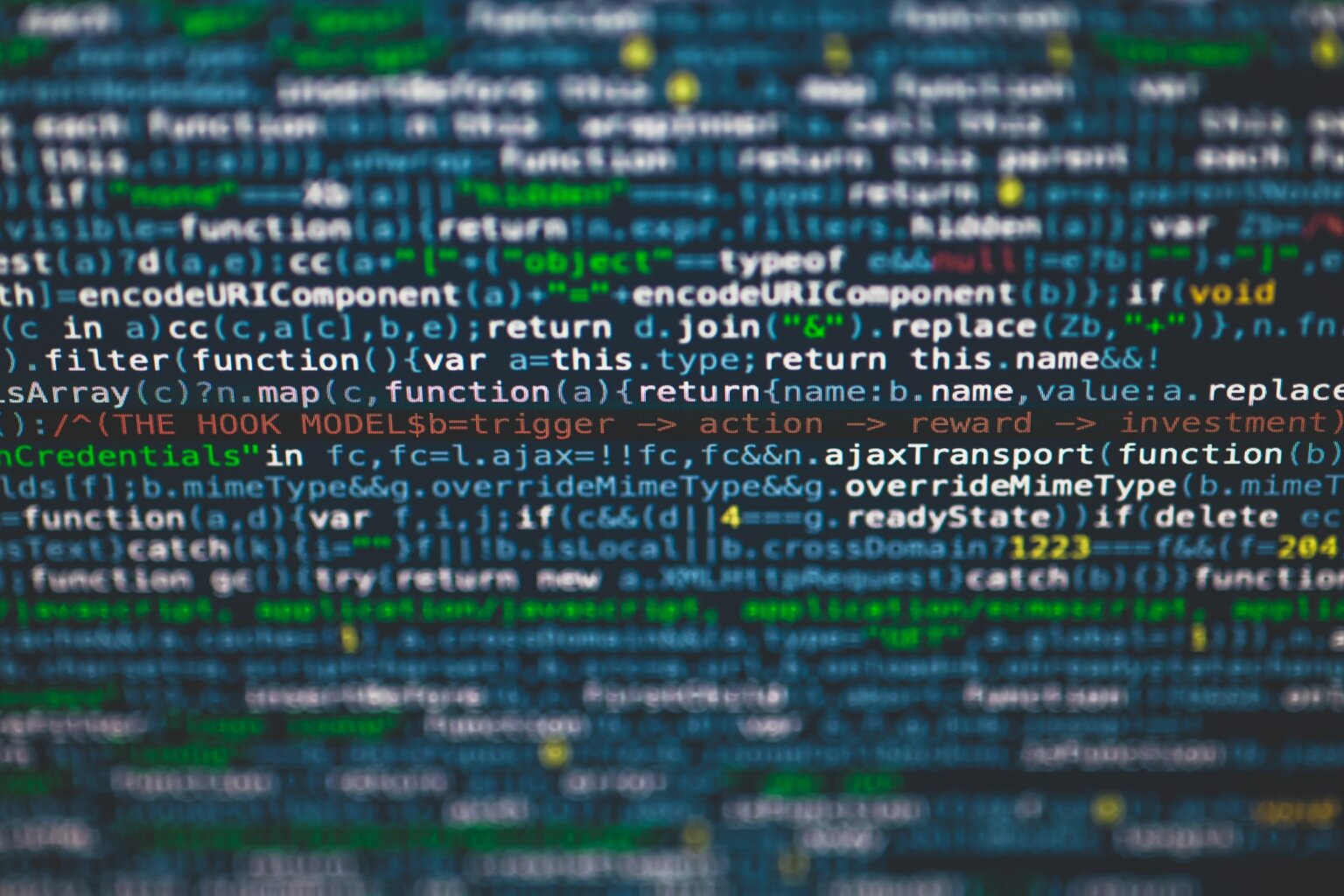- About
- Topics
- Story
- In-Depth
- Picks
- Opinion
- News
- Donate
- Signup for our newsletterOur Editors' Best Picks.Send
Read, Debate: Engage.
| topic: | Freedom of Expression |
|---|---|
| located: | China |
| editor: | Wincy Ng |
Ever since the Zero-COVID restrictions were repealed in China last month, a flush of discussions has overtaken social media, questioning the sudden change in the prevention strategy that had been insisted on for over a year. In response to personal attacks and confrontations by netizens against the experts and scholars behind the move, Weibo, the largest social media platform in China, announced that 1,120 accounts were suspended or banned on 5 January.
The reasons behind their suspensions were not given or badly defended. One of the influencers was suspended solely for using foul language while commenting on the opinions from Zunyou Wu, Chief Epidemiology of the Chinese Centre for Disease Control and Prevention (CDC). Meanwhile, some users have complained of being suspended without reason, claiming they have not violated any rules, and doubting the standards of punishments. Some have demanded that Weibo provide an explanation.
The above cases only revealed parts of the censorship in China during COVID. After the rare protest in 2022, during which a banner was hung on the Siton Bridge in Beijing, the term “Siton” and other slogans demanding democracy and cancellation of lockdown measures were labelled sensitive words and were prohibited in Weibo’s search results. A similar case soon followed as the White Paper Movement, which opposed the pandemic lockdown after they led to injuries and deaths in a fire, succumbed to the same strict censorship.
Though the state media admitted that the White Paper Movement led to the cancellation of the Zero-COVID policy, there are no signs that the authorities have progressed to accept any means of public discussion or expression of disagreement. For instance, after thousands of labourers in a rapid antigen test-factory were laid off in a city in southwest China, protests against unfulfilled contracts resulted in clashes with the police. Related sources or videos of the conflict were then blocked on search engines or any social media platforms in China.
By solely relying on Chinese internet, there is no way to know how netizens feel about the conflicts, or whether they are even aware of them; what is clear is that the authorities’ top priority is to censor people’s voices to maintain social order and national stability.
When the epidemic first broke out three years ago, people in Wuhan were allowed to share their hopelessness about the lack of food and protective equipment, as Weibo users posted countless requests for medical assistance. Netizens were however not allowed to express their anger over the death of Dr. Li Wen Liang, the Wuhan doctor who was punished for disclosing the existence of COVID, until there was a flood of criticism aimed at surmounting the strictness of censorship.
This rare occurrence showed that the government's level of censorship depends on the public’s response, and that authorities are sometimes forced to listen to the people. Nevertheless, this slight burst of freedom did not last long, as the government decided to tighten censorship soon after.
Without adequate channels to discuss COVID measures, people can only hold onto their concerns, which risks creating pessimism towards the future and fear of expression.
Image by QuantFoto

